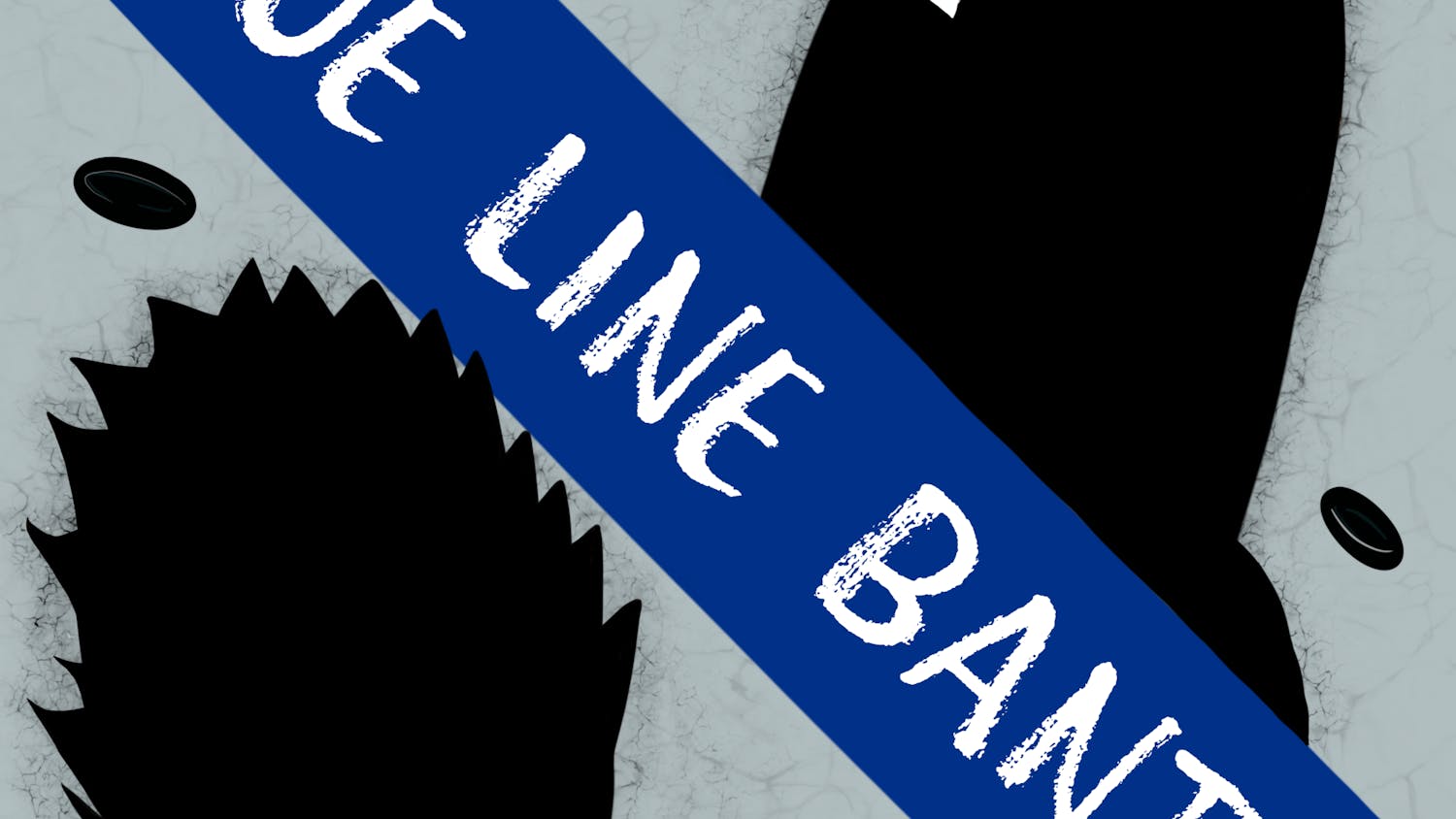Things are finally starting to wind down, as I am about to write two of my last reviews from this year’s film festival. Thankfully, as things slow down, the quality is not being brought down with it, as these two movies were among the best that I saw so far this week. They also connect in that they fall somewhere in line between good and really good, neither of them quite making that needed leap into greatness thanks to their own individual problems in their third acts.
In Bloom | Directed by Nana Ekvtimishvili and Simon Groß | Not Rated
RATING: 3.5/5
After a while, coming-of-age films start to become a dime a dozen. It’s not such much that they are getting worst, it’s just that there are —seemingly—so little things you can really say about the teenage experience that hasn’t been seen and felt on the screen before.
It is with that that the ones that do actually take you off-guard, that make you feel something that you rarely experienced in a movie theater before, that are more enticing to watch. In Bloom is one of those types of movies.
Much like last year’s great The Spectacular Now, directors Nana Ekvtimishvili and Simon Groß are able to express a sense of identity in their film-making that is distinctive yet familiar that, no matter what country sees it, they are able to relate and feel for these characters. There is a distance they create that feels like we are always watching from afar, but we are always close enough that we are able to connect and care about what is being seen.
Through beautifully crafted long-standing tracking shots, there is a sense of observance that is all-encompassing of the bitter struggles towards coming into the reality of one’s environment. This masterful sense of craftsmanship, in addition to its natural writing and performances, helps the audience get through some of the film’s muddled story elements. Unfortunately, as the story progresses, the story only gets more misguided and melodramatic. While the performances and direction keep it all watchable, they can’t save the movie from slipping in quality towards the movie’s final reels.
The movie’s decidedly indecisive ending unfortunately makes me drop this movie down a peg, but there is no mistaking the fact that this is an extremely well-made film that, whether you speak their language or not, one should be able to connect to these characters and their pathos. The situations are realistic and grounded, which makes even the more over-the-top elements of the movie’s ending moments worth the watch. As the characters grow into maturity, we grow to love and care for them even more.
Omar | Directed by Hany Abu-Assad | Not Rated
RATING: 3.5/5
Action-thrillers can become so generic these days that it is hard to forget why we watch them in the first place. Thankfully, Academy Award-nominee Omar is here to remind us loud and clear why we come to these movies in the first place.
There is an American influence to this film that is hard to shake. Its sense of heightened thriller storytelling seems to be inspired mainly by the mid-level blockbusters created here in the States. In its attempt to recreate, the film usually runs into its own problems. The plot, as it progresses, becomes more silly as it stretches out its rather basic storyline material, and some of its emotionally-driven moments come across cheesier than they should. Particularly, in how they are written, as Hany Abu-Assad, the film’s director, also penned the script.
But, while its peers’ mentality is its occasional downfall, it is also the provider of some of its saving graces. The most notable of these factors include the movie’s sense of humor and its pacing. What should be accounted for in the movie’s success is its extremely good editing by Martin Brinkler and Eyas Salman. Although one of the films I saw this week is edited by one of the biggest names in editing today, Walter Murch, this is easily the best edited movie I have seen so far at the festival.
What is most notable about the movie is its lack of score. In the same vein as No Country for Old Men, the movie is able to keep the pulse of the audience moving without playing one note of heightened pathos-driven music. And this is most notable in the movie’s incredibly executed chase scenes. Although we are not driven the music playing, we are there; we are on the edge of our seats. In fact, these music-less scenes actually add to the movie’s sense of intimacy, in my opinion.
Also worth noting is its very good lighting from Alexey Antonovsky. That work is also forgotten about, and it shouldn’t. Especially when it is as well-done as it is here. The same can be said for its sound mixing and editing. Which is appreciated more because of the film’s score-less nature.
Much like In Bloom, the ending of Omar is just as abrupt. But, thankfully, it is more satisfying in its conclusion. But, through its strong execution and its tightly put together film-making, Abu-Assad’s film is a fast-paced and highly engaging. It should be to appeal to American audiences as it worked for audiences in its original language.





